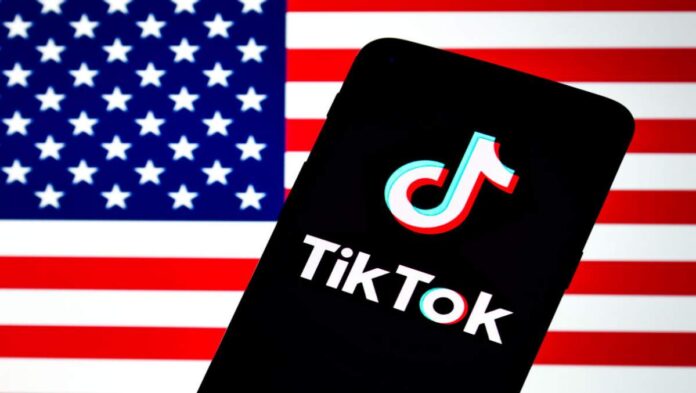In a significant move that could reshape the digital landscape, the US Senate has given the green light to a bill with far-reaching implications for TikTok, the wildly popular social media platform. The legislation mandates that TikTok’s Chinese parent company, ByteDance, must divest its stake in the app within nine months, or face a ban on its operations in the United States.
This decision marks a culmination of mounting concerns over national security and data privacy surrounding TikTok, which has amassed a massive user base in the US and around the globe. With the Senate’s approval, the bill now awaits the signature of US President Joe Biden, who has expressed his intent to enact it promptly upon its arrival at his desk.
The potential ban on TikTok underscores the intensifying geopolitical tensions between the US and China, as well as the growing scrutiny of Chinese-owned tech companies operating within American borders. ByteDance now faces the daunting task of navigating a forced sale while contending with opposition from Chinese authorities, promising a protracted and complex process fraught with legal and diplomatic challenges.
The Senate’s decision was part of a broader legislative package that included provisions for military aid to key US allies in the Indo-Pacific region, underscoring the multifaceted nature of US foreign policy objectives. The bill garnered bipartisan support, with an overwhelming majority of 79 Senators voting in favor, signaling a rare moment of unity in a deeply divided political landscape.
Senator Marco Rubio, a leading voice in the push for action against TikTok, highlighted the inherent risks posed by allowing a Chinese-owned platform to operate unchecked within the US. He framed the bill as a necessary step to safeguard American interests and national security in the face of mounting threats from adversarial actors.
However, TikTok has vehemently opposed the proposed ban, arguing that it would infringe upon the free speech rights of millions of Americans and inflict significant economic harm. The company, which boasts a robust presence in the US market, has vowed to explore all available legal avenues to challenge the legislation and protect its platform.
Legal experts anticipate a protracted legal battle between TikTok and US authorities, with potential ramifications stretching over several years. The absence of a suitable buyer for ByteDance’s stake within the stipulated nine-month window could further complicate the situation, potentially delaying any definitive action against TikTok on American soil.
As the debate over TikTok’s future unfolds, it underscores the intricate interplay between technology, national security, and geopolitics in an increasingly interconnected world. The outcome of this legislative saga will not only shape the fate of TikTok but also set a precedent for how nations navigate the complex terrain of digital sovereignty and global commerce in the 21st century.


